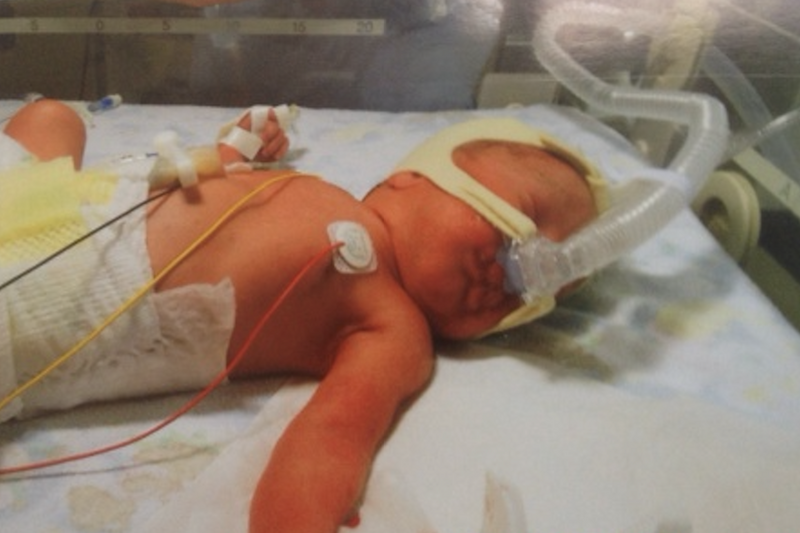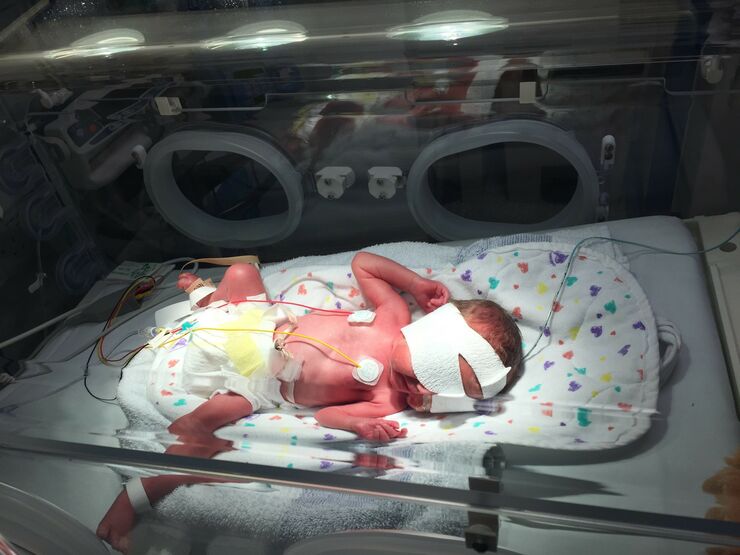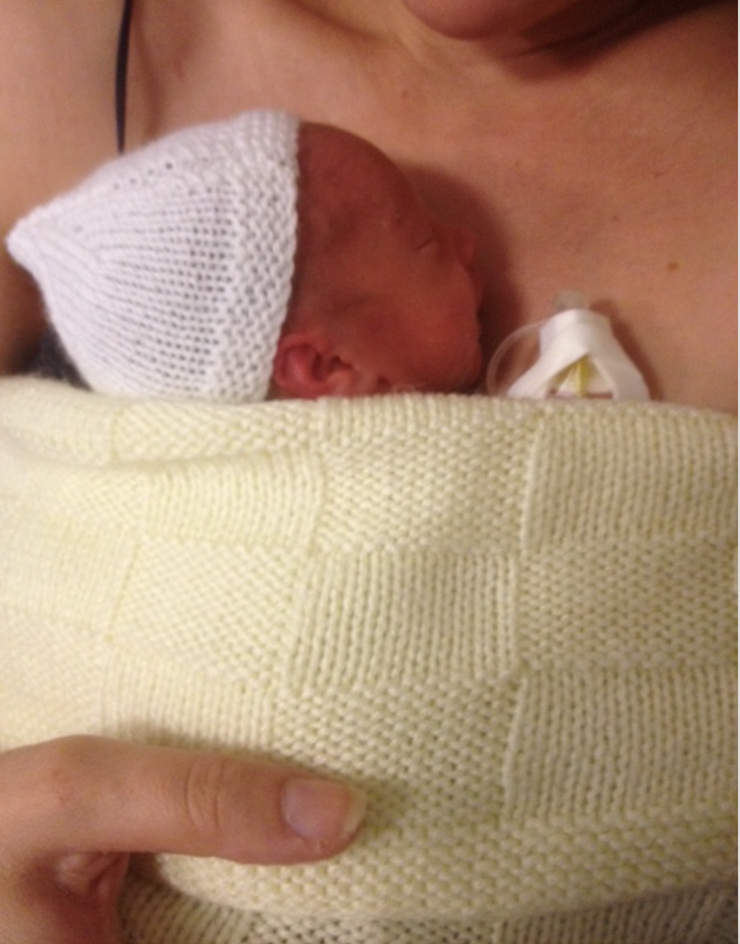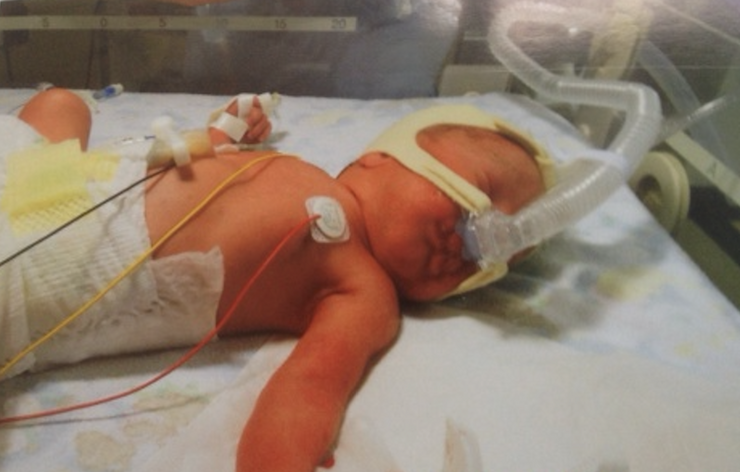Despite the immense, deep joy that my daughter was strong and well for her gestation and the overwhelming pride of bringing her safely into the world, I didn’t tell a single person at the hospital that I was facing this impending journey without a partner. I felt like such a failure – I had failed my marriage, I had failed my pregnancy and I was failing as a mother as my child couldn’t be with me at home. I felt ashamed and I was terrified that I would be under scrutiny if anyone thought I wasn’t coping. I was petrified that someone would take my baby away from me because I would be deemed unfit to look after her.
My marriage separation was very recent and I knew that if I started to talk about it I would start crying. I was already crying so much watching my tiny, defenceless daughter every day in an incubator, mourning the loss of the last 11 weeks of my pregnancy. I didn’t want to cry again on the ward and I didn’t want anyone to think I couldn’t cope.
I’m fortunate to have a very close family and a circle of very good friends who were phenomenal and surrounded me with support from the moment I was admitted to hospital. Group messages were constant: asking for pictures, updates, weight progressions, details of procedures, and with them came love and humour and a constant sense of companionship. Friends and family would come for coffee to the hospital or come to my home in the evening as much as they could and take my mind off things by telling me stories of life outside NNU.
Despite all of this, the reality was that I was alone. I was the only one by my daughter’s incubator every day, watching her every breath, studying her monitors and learning everything about her. Good news or bad news, it came to me.
Although my husband did visit throughout our time in NNU, he wasn’t an active party – I don’t think he knew what to do or how to act given the state of our relationship and the heightened stress and pressure of NNU. That in itself brought huge emotions which I tried my best to put to the side so I could remain as calm and positive for my daughter as possible.
I created rituals every day to have a degree of control, a way to manage my feelings and to give my day structure both on and off the ward. I practice good luck exercises and kept a diary of milestones and a photo journal which I would write each evening. I took part in integrated care so I was taught how to perform daily cares, feed my baby through her NG and take her stats. But it was only me. With the exception of the doctors and nurses, I was the only one to touch my daughter - to hold her tiny body - for six weeks after her birth.



